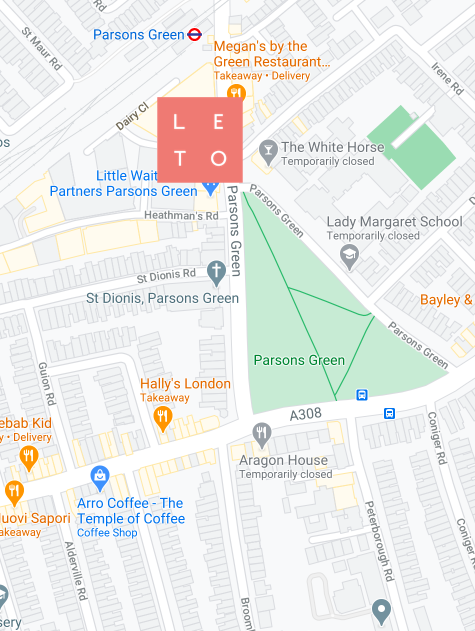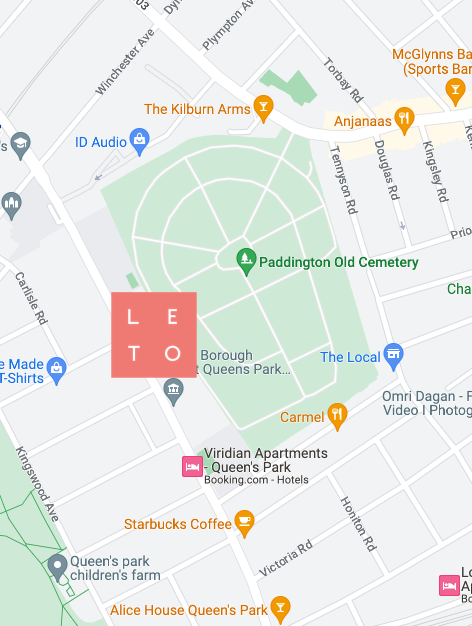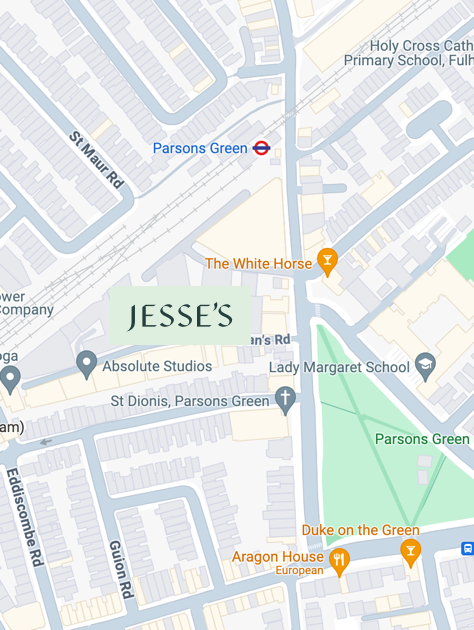
Close
Enquiry
Please see contact information below or complete the form and we will get in touch with you.

Parsons Green
3rd Floor Brigade House
8 Parsons Green
London
SW6 4TN

Queen's Park
2nd Floor
105-109 Salusbury Road
London
NW6 6RG

Jesse's House
8-10 Heathmans Road
Parsons Green
London
SW6 4TJ
Overactive Bladder
Overactive bladder (OAB) is a urological condition affecting millions of women, characterised by a sudden and uncontrollable urge to urinate, frequent urination both day and night, and in some cases, urinary incontinence or leakage. These symptoms can severely disrupt daily life, social interactions, and sleep patterns.
What We Treat: Overactive Bladder (OAB)
The good news is that with a tailored treatment plan, many women with OAB can experience significant improvement and even find resolution of their symptoms.
Overactive bladder (OAB) is a condition where the bladder muscle contracts too frequently, leading to an urgent and often uncontrollable need to urinate.. This condition can be highly disruptive, causing women to avoid social activities, struggle with work routines, and even experience sleep disturbances. Symptoms include:
• urgency: a sudden, overwhelming need to urinate, often followed by leakage
• frequent urination: this may occur both during the day and at night, known as nocturia
• urinary incontinence: in some cases, the urgent need to urinate may result in leakage before reaching the bathroom
OAB can significantly affect the quality of life, but there is hope. Treatment options range from lifestyle modifications and behavioural therapies to medications and, in more severe cases, surgical interventions. With the right management, most women can regain control over their bladder and reduce or eliminate symptoms.

How Specialist Pelvic Health Physiotherapy Can Help
Specialist pelvic health physiotherapists play a vital role in the management and rehabilitation of overactive bladder (OAB). Our physiotherapists can assess your symptoms and create a tailored treatment plan that may include:
• Lifestyle changes: we will help you identify changes in your daily habits that could alleviate symptoms, such as fluid intake adjustments and bladder-friendly foods
• Bladder and bowel habit education: we teach you healthy bladder and bowel habits, helping you avoid triggers that worsen symptoms
• Bladder diary: you may be asked to complete a bladder diary to track urination patterns. This helps determine if bladder retraining is necessary, a key technique in OAB management
• Urge suppression techniques: women with urge incontinence often benefit from learning how to suppress the sensation of urgency with control techniques. This helps manage the urgency and prevents leakage
• Bladder training: you may be encouraged to void at specific intervals to train your bladder to respond to fullness appropriately
• Personalised exercise programs: your physiotherapist will develop a tailored pelvic floor exercise program to improve the strength, endurance, and coordination of your pelvic muscles, helping reduce urgency and incontinence
• Support devices: we may recommend pessaries, biofeedback, electrical stimulation, or pelvic weights to enhance your treatment
• Referral for medication advice: if needed, we can guide you toward a medical professional for further evaluation and advice on medications to manage OAB
The good news is that with the right physiotherapy plan, many women experience significant improvement and may even resolve their OAB symptoms completely.
assess > restore > transform
Sexual Pain (Dyspareunia)Enquiry
Please see contact information below or complete the form and we will get in touch with you.

